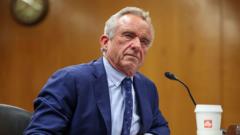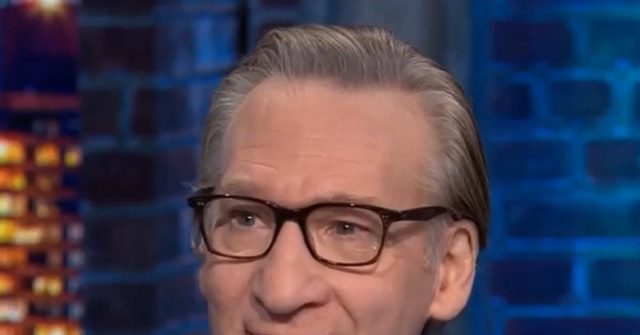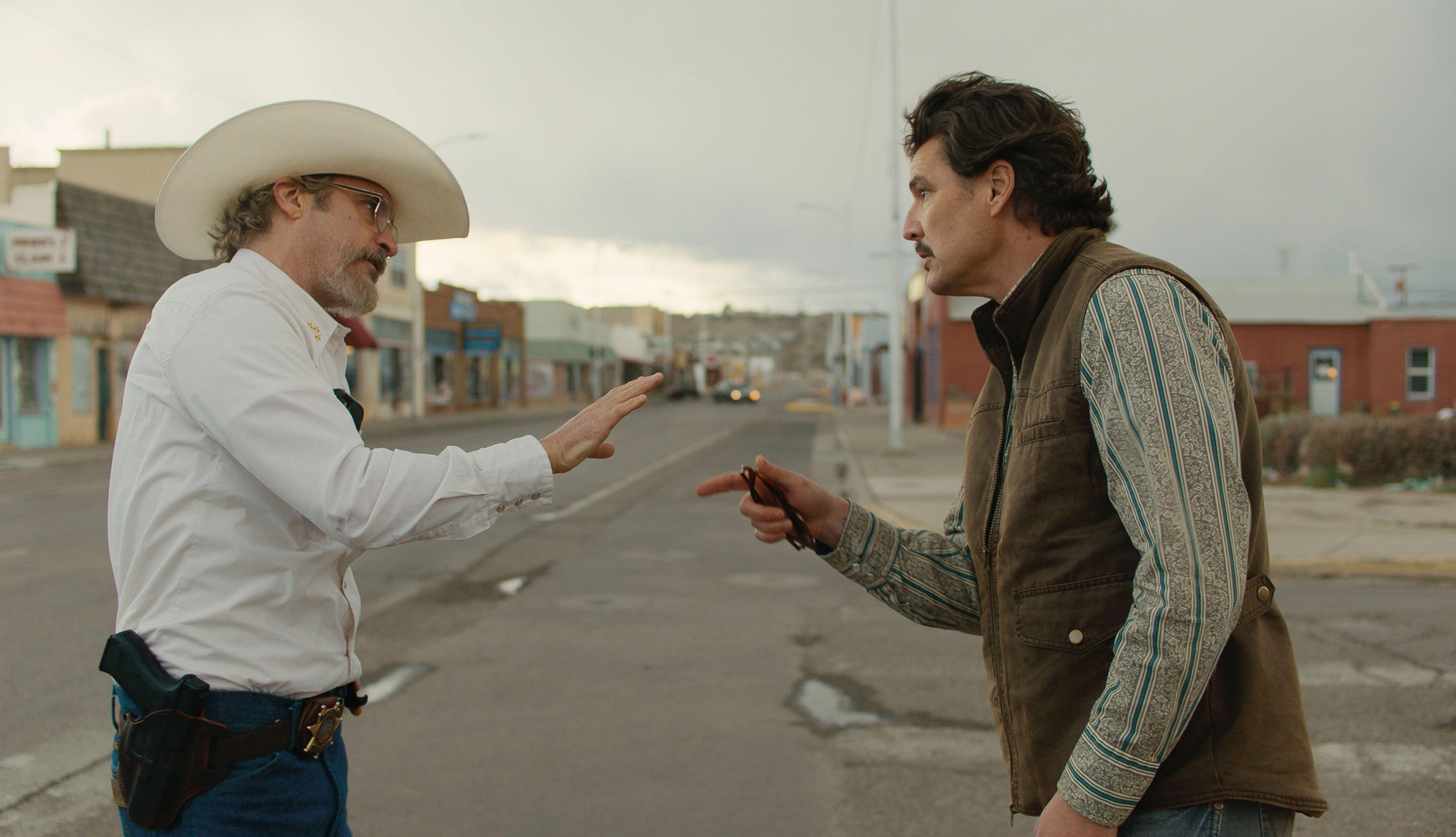Is RFK Jr. Reigniting the Debate on Childhood Vaccine Safety?

The Reinstatement of the Task Force on Safer Childhood Vaccines: Implications and Insights
In a significant turn of events, the U.S. Health and Human Services (HHS) has announced the revival of the Task Force on Safer Childhood Vaccines, a panel that was disbanded back in 1998. This decision has arisen amidst mounting pressure from anti-vaccine activists and reflects a broader scrutiny of the childhood vaccine schedule under the leadership of Health Secretary Robert F. Kennedy Jr. The task force aims to enhance the safety, quality, and oversight of vaccines administered to children across the nation.
The revival of this task force is notable not only because of its historical significance but also due to the ongoing debates surrounding vaccine safety and efficacy. With the aim of producing recommendations that lead to fewer and less serious adverse reactions than current vaccines, the task force's work may influence public perception and policy regarding childhood vaccinations.
Background of the Task Force
Established through the National Childhood Vaccine Injury Act in 1986, the original Task Force on Safer Childhood Vaccines was tasked with providing recommendations to improve vaccine safety. It was also responsible for overseeing compensation for children who experienced adverse reactions to certain vaccines. However, the panel was disbanded in 1998, leaving a gap in oversight that many critics argue has contributed to growing concerns about vaccine safety.
The current reinstatement comes at a time when vaccine hesitancy has increased, fueled by misinformation and a general distrust of pharmaceutical companies and government health agencies. With the recent changes to the vaccine landscape, including the controversial Covid-19 vaccine and its implications for various demographics, the timing of this task force’s revival could not be more pertinent.
Implications of the Task Force's Revival
The reestablishment of the Task Force on Safer Childhood Vaccines raises several important questions and potential implications for public health policy:
- Enhanced Scrutiny: With members from the National Institutes of Health (NIH), the Food and Drug Administration (FDA), and the Centers for Disease Control and Prevention (CDC), the task force promises a more rigorous examination of vaccine safety.
- Impact on Vaccine Policy: The task force's recommendations could lead to significant changes in the existing vaccine schedule, potentially reshaping how vaccines are administered to children.
- Public Perception: As the task force addresses safety concerns, it may either reinforce public confidence in vaccines or exacerbate skepticism depending on its findings and the communication of those findings.
The Role of Anti-Vaccine Activists
The resurgence of the task force has been largely attributed to the efforts of anti-vaccine activists, particularly the Children's Health Defense, an organization founded by Kennedy himself. The group has been vocal in its opposition to mainstream vaccine policies, claiming that the current vaccine schedule is not adequately scrutinized for safety.
Mary Holland, the CEO of the Children's Health Defense, expressed gratitude for the task force's revival, citing it as a long-overdue step in compliance with the law. This sentiment reflects a broader trend where anti-vaccine groups are increasingly demanding transparency and accountability from health agencies, which could lead to a more polarized public discourse on vaccination.
Changes in Vaccine Policy Under Kennedy's Leadership
Since taking office, Secretary Kennedy has made several pivotal changes to the vaccine policy landscape. His administration has replaced members of federal committees that previously provided independent recommendations on immunization, infusing the panels with individuals who are more skeptical of vaccines. This shift has raised concerns among public health experts about the potential impact on immunization rates and public health outcomes.
Moreover, Kennedy's administration has also removed the CDC's recommendation for the Covid-19 vaccine for pregnant women and healthy children. These actions signify a broader ideological shift within the health agency that could have lasting implications for vaccine uptake and public health.
The Importance of Vaccine Safety
As the task force embarks on its mission, the importance of vaccine safety cannot be overstated. Vaccines play a crucial role in preventing infectious diseases, protecting not only individual health but also community health through herd immunity. However, addressing safety concerns is equally essential to maintaining public trust.
Key points to consider regarding vaccine safety include:
- Adverse Reactions: While vaccines are generally safe, adverse reactions can occur. The task force aims to minimize these occurrences.
- Transparency: Providing clear, transparent information about vaccine safety can help build public confidence.
- Education: Ongoing education about the benefits and risks of vaccines is vital for informed decision-making by parents.
Future Directions for Vaccine Policy
Looking ahead, the revival of the Task Force on Safer Childhood Vaccines could lead to several potential developments in vaccine policy:
- Reevaluation of Existing Vaccines: The task force may recommend a reevaluation of current vaccines and their safety profiles.
- New Vaccine Development: The focus on safety could spur innovation in vaccine development, aiming for formulations with fewer side effects.
- Community Engagement: Engaging with communities to address concerns and distribute information can help alleviate fears surrounding vaccines.
Conclusion: Navigating the Future of Vaccination
The reinstatement of the Task Force on Safer Childhood Vaccines signifies a critical moment in the ongoing discourse surrounding vaccine safety and public health policy in the United States. While it is essential to prioritize safety and oversight, it is equally important to ensure that these efforts do not inadvertently undermine public confidence in vaccination.
As the task force begins its work, the broader implications of its findings will be closely watched by advocates on both sides of the vaccine debate. The future of vaccination in the U.S. hangs in a delicate balance, where safety and public trust must go hand in hand for the betterment of public health.
FAQs
What is the role of the Task Force on Safer Childhood Vaccines?
The Task Force on Safer Childhood Vaccines is responsible for providing recommendations to improve the safety and oversight of vaccines given to children. Its aim is to ensure that vaccines result in fewer and less serious adverse reactions.
Why was the task force disbanded in 1998?
The task force was disbanded in 1998, leaving a gap in oversight and raising concerns about vaccine safety that have persisted since its dissolution.
What are the potential implications of the task force's recommendations?
The potential implications include changes to the existing vaccine schedule, enhanced scrutiny of vaccine safety, and the possibility of increased public confidence or skepticism regarding vaccines.
As we navigate the complexities surrounding childhood vaccinations, the balance between safety, efficacy, and public trust will be pivotal. Will the reinstated task force succeed in restoring faith in vaccines, or will it further entrench divisions in public opinion? #Vaccines #PublicHealth #ChildhoodImmunization
Published: 2025-08-15 19:28:06 | Category: wales


